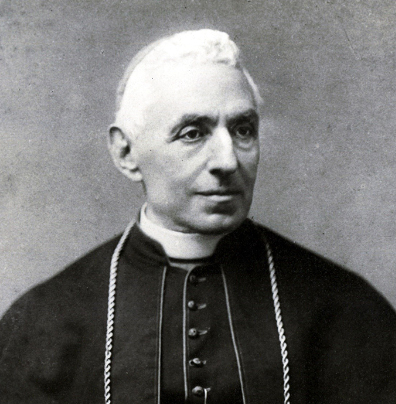 ~ by Claire Giangrave, The Washington Post
~ by Claire Giangrave, The Washington Post
VATICAN CITY – On Sunday, October 9th, Pope Francis canonized a 19th-century bishop known as “the father of migrants” sending a message to Catholic leaders of the importance the pontiff places on the care of refugees at a time when immigration is roiling politics, including the Italian government at the Vatican’s doorstep.
Giovanni Battista Scalabrini, bishop of the northern Italian City of Piacenza from 1876 to 1905, lived at a time of mass migrations in Europe brought by economic, industrial and scientific changes that led millions to seek a new life in the Americas. Scalabrini’s advocacy for immigrants created the foundation for the church’s pastoral approach to migration today.
“The Holy Father introduces us to a bishop who was capable of not just fully and capably managing his diocese, but was able to look beyond,” said the Rev. Graziano Battistella, who shepherded Scalabrini’s cause for sainthood.
“With this canonization, I think the Holy Father wants to offer the church a model to imitate,” Battistella said. “A model for bishops, a model for the church.”
Born in Como, Italy, in 1839, Scalabrini was appointed bishop at age 36, as millions of Italians were fleeing their homeland for Brazil, Argentina, and the United States, leaving behind their families, their culture and their faith.
Migration was viewed negatively at the time, but Scalabrini took a different approach, seeing the upheaval as a chance to ease socioeconomic tensions at home while promoting cultural encounter and jump-starting progress. But, he warned that, without the proper laws and protections in place, migration could strip people of their roots, and make them prey to human traffickers.
Unlike many of his contemporaries, Scalabrini believed migration is not only “a sacred human right” but a basic fact of human existence.
